Inside New Zealand’s clean, green beauty scene
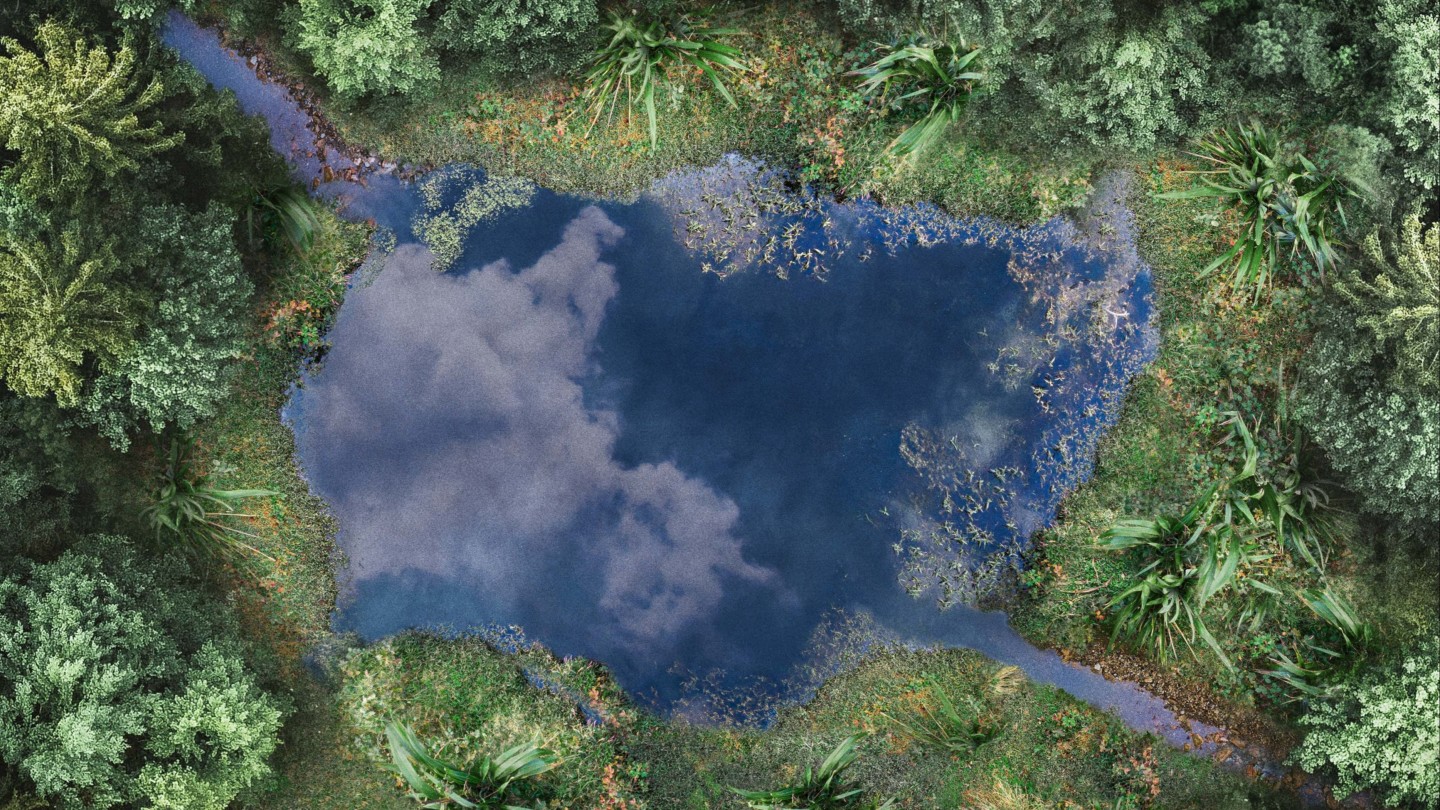
Roula Khalaf, Editor of the FT, selects her favourite stories in this weekly newsletter.
In a remote part of New Zealand’s North Island, what was once a rundown cattle farm with grazing pastures is now an ecological sanctuary and conservation retreat abundant with native trees and birds. The rewilding of this land, called Tahi, is the work of conservationist Suzan Craig and her team, who have planted 430,000 trees, restored acres of wetlands and brought endemic wildlife back to the area.
Craig’s mission to protect and enhance the environment is sustained by honey – mainly mānuka, produced from the nectar of the native mānuka flower – the cultivation of which is reliant on biodiversity. The honey is bottled and sold, and also blended with botanicals for a range of skincare, named Kaeā, to make use of its purported anti-microbial, free radical-fighting and healing properties. Craig worked with aromatherapist Danièle Ryman on the products, including multitasking balms and a face oil. “100 per cent of the profits go back to conservation and community projects,” says Craig. “With everything that we make, biodiversity has to be at the core, and it has to be very much of the place to tell that story.”
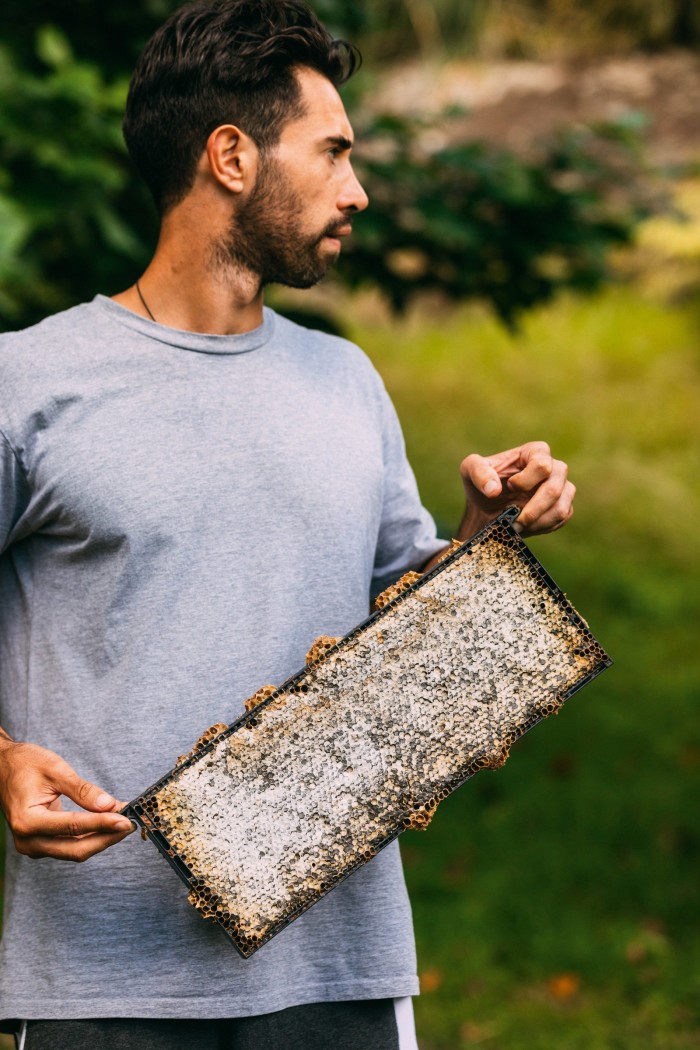
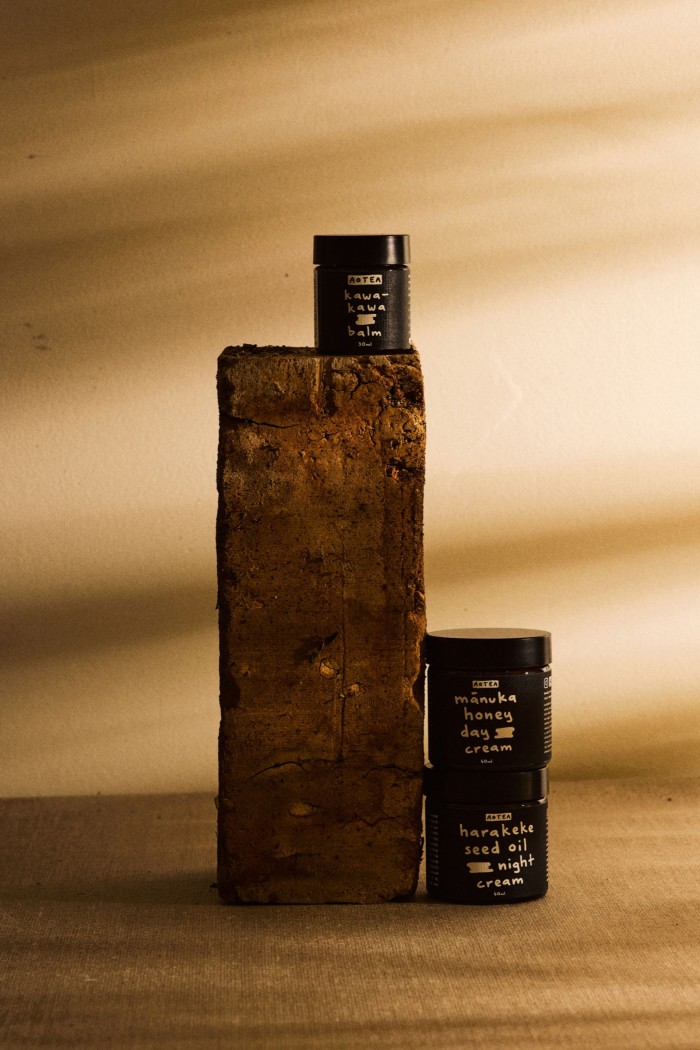
Kaeā is one of a handful of skincare brands to come out of New Zealand in recent years, part of the global beauty boom that puts the industry’s sales at $622bn by 2024, according to McKinsey. What makes New Zealand’s skincare offering unique is that the brands have made sustainability central to their business models, as well as utilising locally grown ingredients, banking on the country’s clean, green image.
The biggest of these is B-Corp certified Emma Lewisham, which launched in 2019 and is stocked on Net-a-Porter globally and Mecca throughout Australasia, with growth up 150 per cent in the past 12 months. Emma Lewisham’s formulations are made from natural or nature-identical ingredients. “We do a very robust screening process, before we include ingredients, that balances the efficacy but also the biodiversity, the regeneration of ingredients and how people are treated in the supply chain,” says Emma Lewisham, who worked at a Japanese tech company before founding the brand. The cult Skin Reset Serum, which has olive and kale extracts, vitamin C, niacinamide and licorice root, has sold close to 75,000 units in a year.
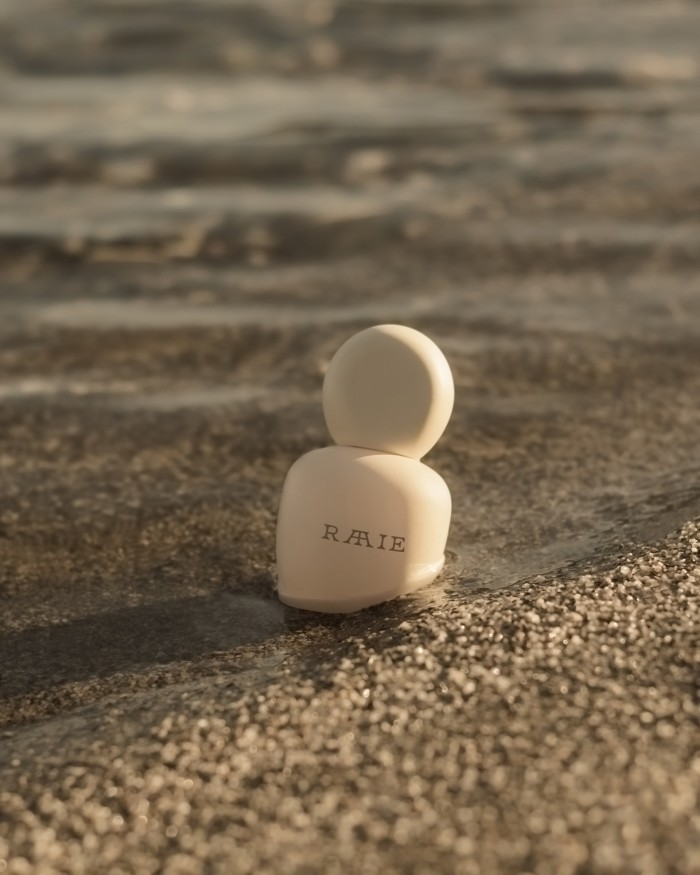
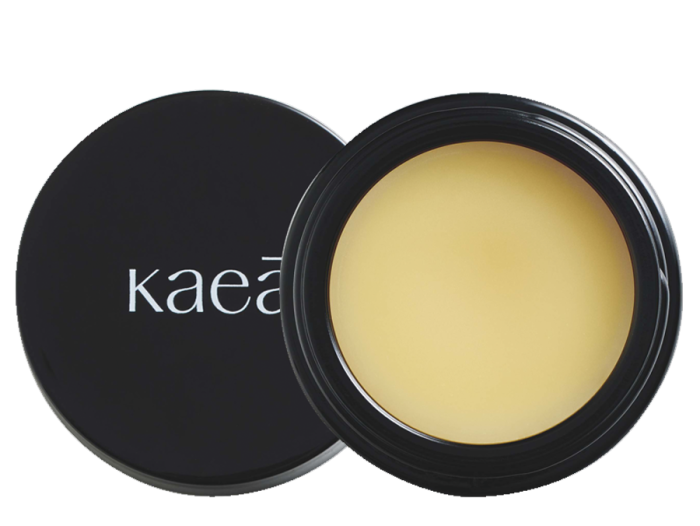
Kaeā The Rejuvenator multi-nutrient face balm, £105
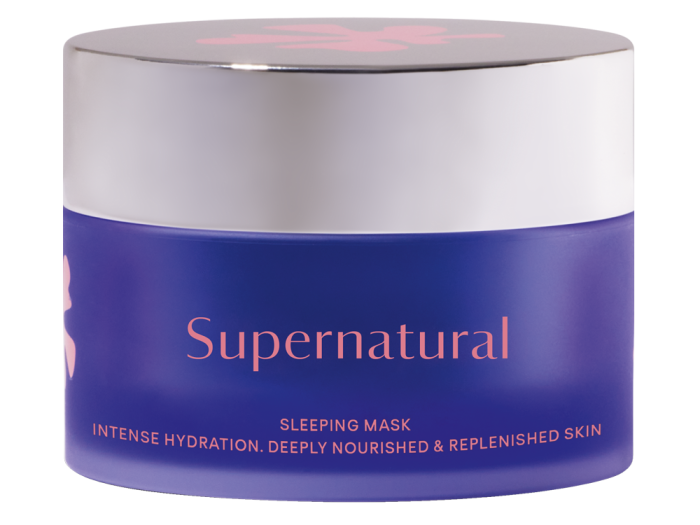
Emma Lewisham Supernatural Sleeping Mask, £70
Lewisham has also designed her business to a circular model, so all the bottles can be refilled (40 per cent of overall sales are refills), while the brand collects its packaging to be recycled, no matter where you are in the world. “The biggest priority for beauty brands right now is moving away from the industry’s linear system – which is creating waste and a huge amount of carbon – to one that is refillable, reusable and takes ownership for what they bring into the world.” Last year Lewisham released the IP for her business’s circular packaging model to encourage others to adopt it. “If every brand did that, it would make a significant impact. And we’ve shown that it’s possible.”
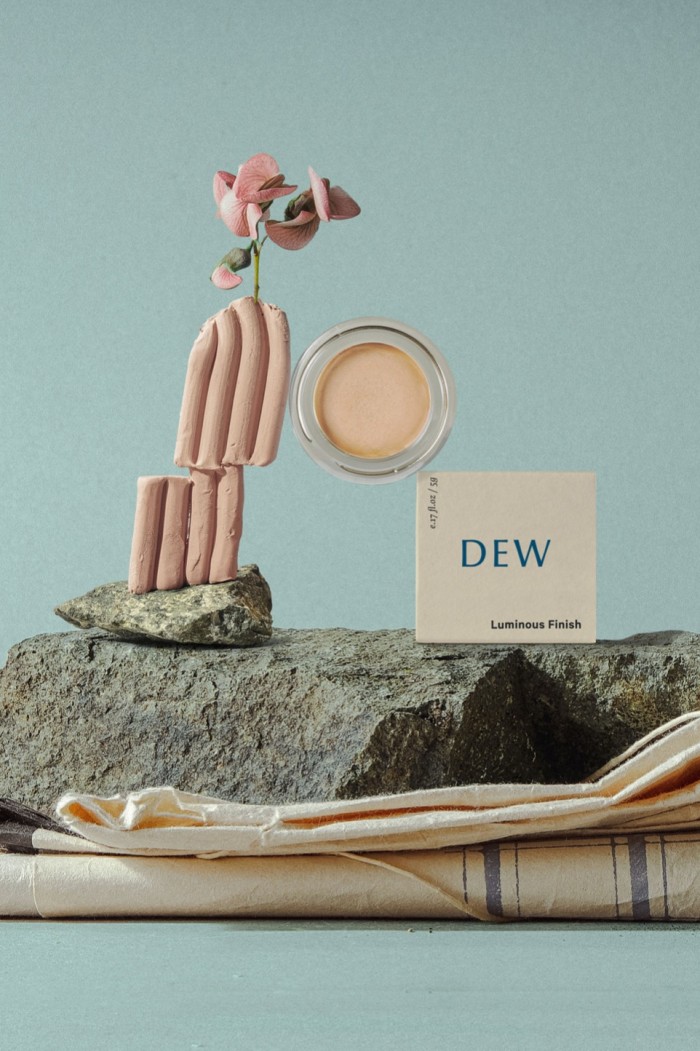
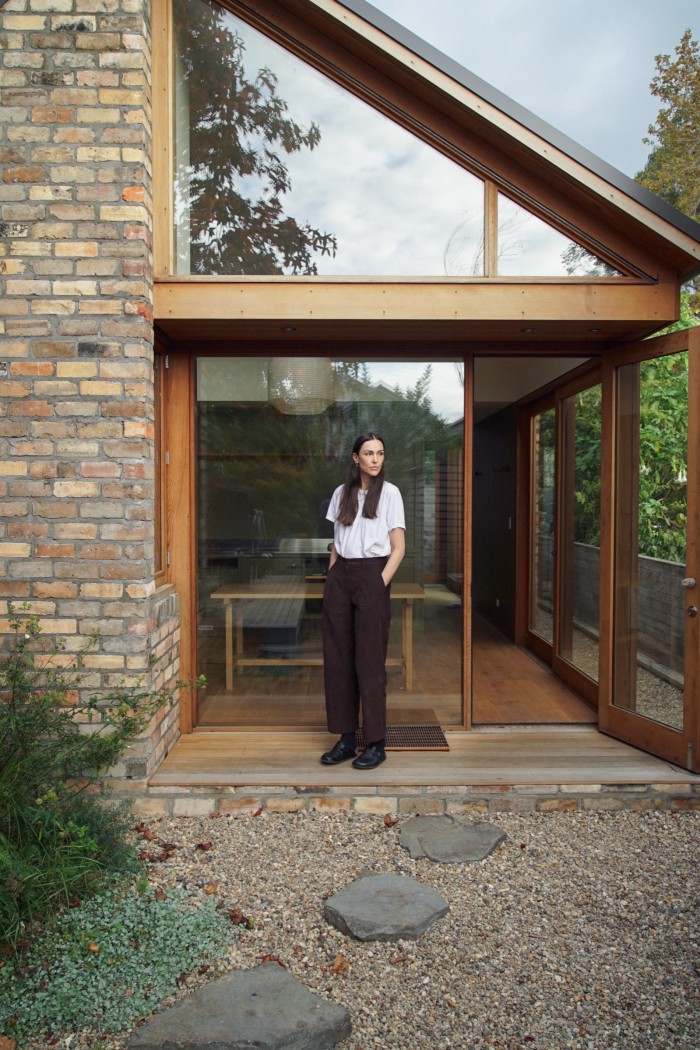
Tronque, which is focused on body products and launched last year, uses only natural formulations that include native New Zealand red seaweed, for its hydrating and plumping effects; Marlborough-grown grape seeds, which are high in antioxidants and polyphenolics – and vitamins C- and E-rich kiwi fruit. Maryse incorporates mānuka leaves and native kawakawa, while Raaie uses a mixture of locally-grown land, sea and alpine plants including mamaku, New Zealand’s black fern. Surface, which was founded by Georgina McCormack – sister to jeweller Jessica McCormack – meanwhile, uses native seaweed wakame and mānuka in its range of hand and body products.
On Great Barrier Island, 100km off the coast of Auckland, Tama Toki is utilising mātauranga Māori knowledge for his skincare range Aotea. He sustainably harvests native flora from the island and produces everything locally, including distilling the ingredients, to create jobs for his community. “Our desire is to underscore our anecdotal history as Māori with some western science to prove out the healing nature of some of the flora we use,” says Toki. He’s also establishing a circular business model, whereby the production, manufacturing and packing facilities are solar-powered; biowaste from the extraction process goes back into feeding the crops; and water is collected naturally and reused where possible.
“Whatever you do, there is always an inherent carbon footprint because of the packaging and the energy,” adds Craig. “We want to show that you can be climate positive – or we call it biodiversity positive – and have a successful business; it shouldn’t be either/or. And also to challenge the very much accepted financial model of the industry.” Measures which should go some way to help New Zealand live up to the image it’s globally renowned for.
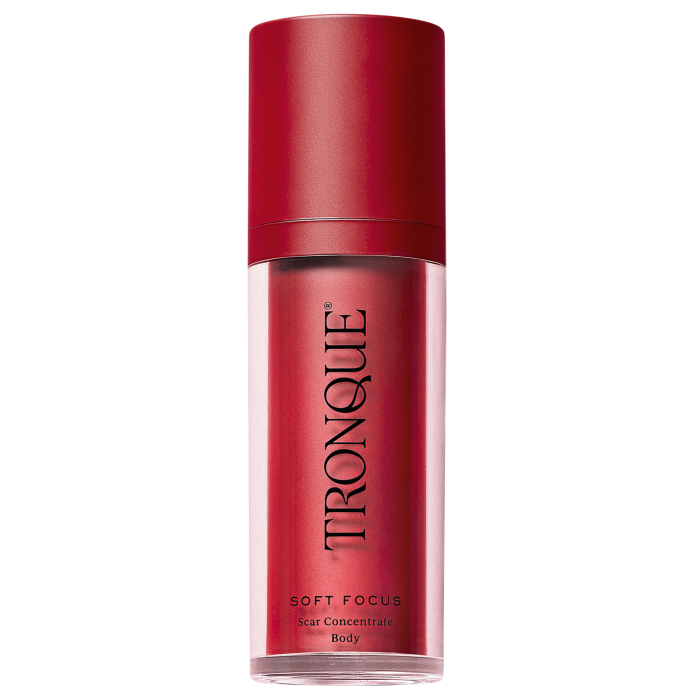
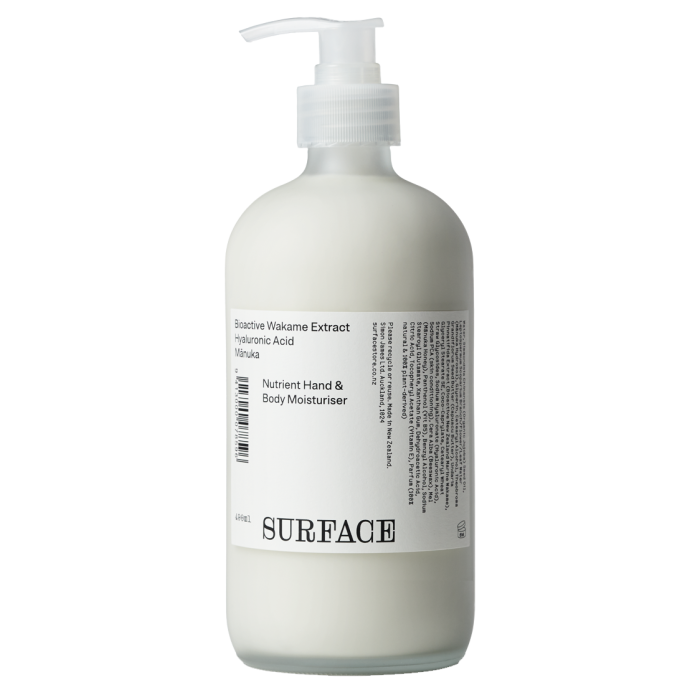
Comments